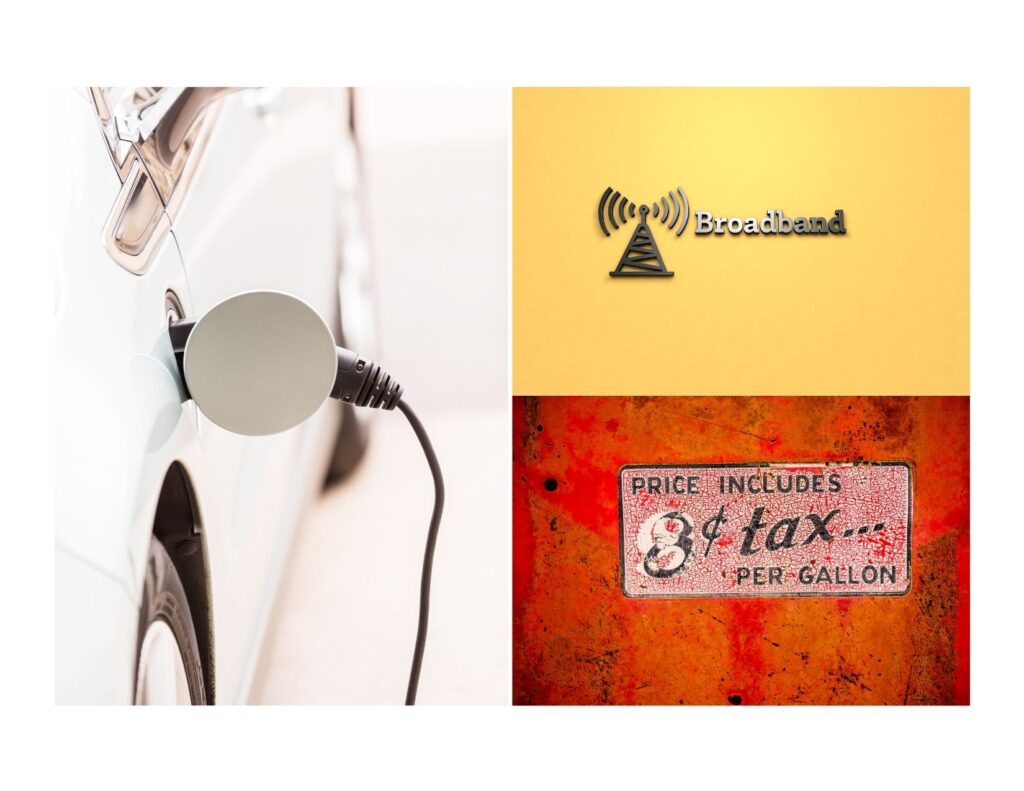By Tom Dayton

Even though solving the problems of nutrient runoff from farms is paramount on the agenda of the Ohio Farm Bureau, other issues remain which were brought up at Ag Day at the State house February 15, 2019.
One issue of concern was the access of broadband in areas currently inaccessible. Many farmers need the service in order to manage their business as well as school children as the current pandemic has cut off access to in school learning as has been the norm.
In 1933, the Federal Communications Act was approved by Congress under the administration under Franklin Roosevelt. The Federal Communication Commission was established to regulate communication companies such as telephone and radio providers and later the broadcasting through the television and internet. Several years later the FCC developed a policy of what is known as net neutrality in which companies were required to provide service to customers in areas such as rural ones that are not profitable.
Overtime, the communication companies have lobbied the FCC to change its ways so that net neutrality was abandoned and the companies could charge customers more and in some instances exhorbitantly more to provide access into more remote areas.
Currently, the FCC is deadlocked on the issue with two democrats in favor of restoring net neutrality and two republicans against it.
What is unknown if the scale will tip in favor of the former policy when President Biden appoints a new member to the commission.
Ohio is currently going to provide 20 million dollars to correct the problem of broadband but the question is to whom should pay, meaning the taxpayer or the companies providing broadband.

Another issue that the Farm Bureau had on the burner at last February’s meeting was an increase in the gas tax in order to provide funds for road repairs and improvements in which the legislature and with the signature of the Governor passed an increase of 10 cents per gallon of gasoline Formerly the state got by from borrowing over 1 billion dollars to continue the program under then Governor John Kasich.
With the pandemic there has been less driving so that the collection from the new tax is about 300 million dollars short from projected collections.
Another problem on the horizon will be the increase of electric vehicles on the road that use no gasoline. In fact, the chairman of General Motors has banked all its future on electric vehicles by the phasing out of all internal combustion engines by 2035. The Ford Motor Company is not far behind with Tesla, Lordstown Motors and even foreign manufacturers thinking along the same line. Even Exxon Mobile soon plans to stop drilling for oil and then every year plans a decrease in oil production as they too see the electric vehicle revolution.
The State of Ohio, other states and the federal government have relied on the gas tax for many years for funding road projects and now must change their ways to the future thinking into replacing the tax and/or charging owners a fee whether yearly or at the time of registration of an electric vehicle.
While electric vehicles hold promise for a healthier environment and one that is more dependent on renewable energy, funding challenges for roads and other important infrastructure projects will remain unless the governmental entities act proactively.